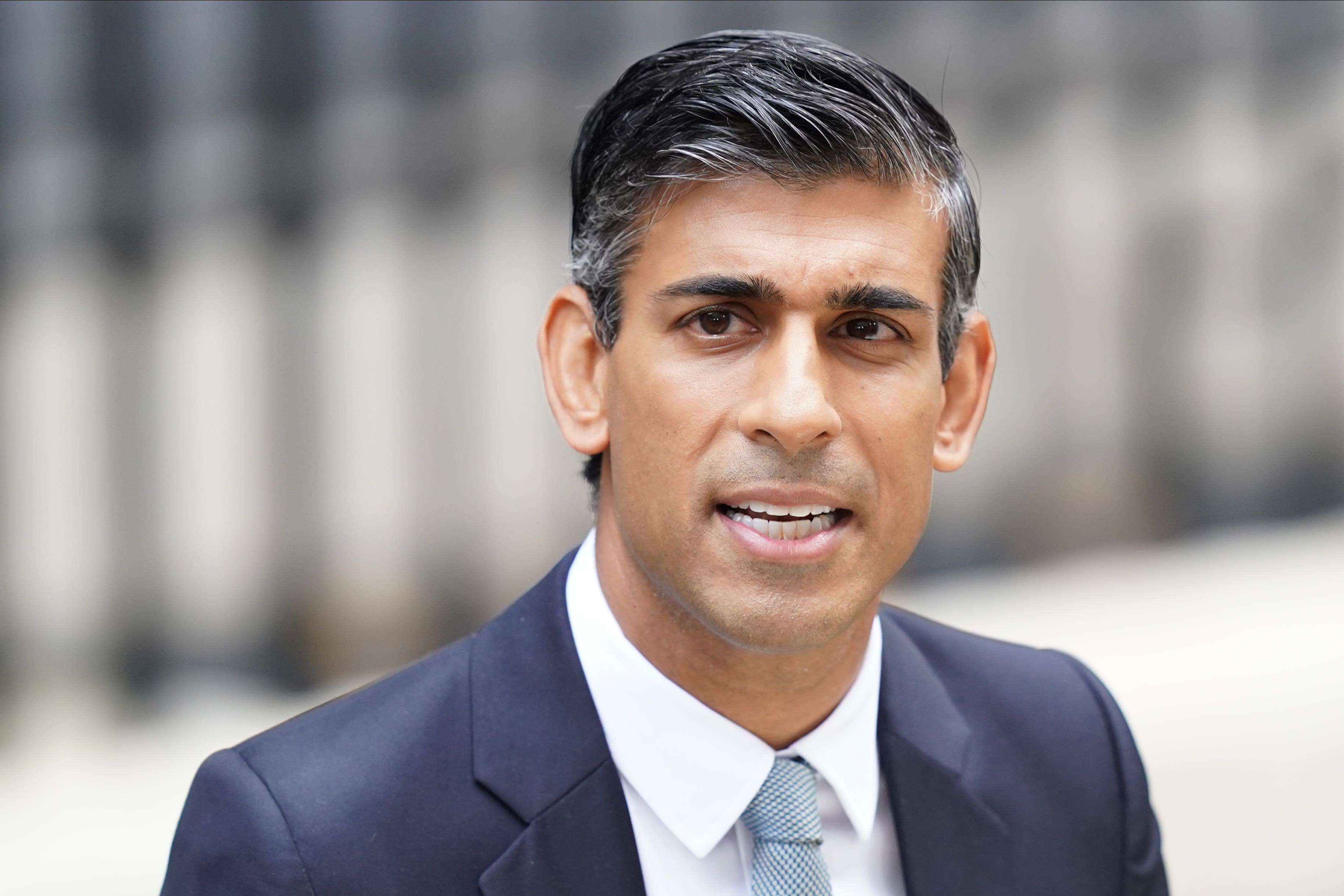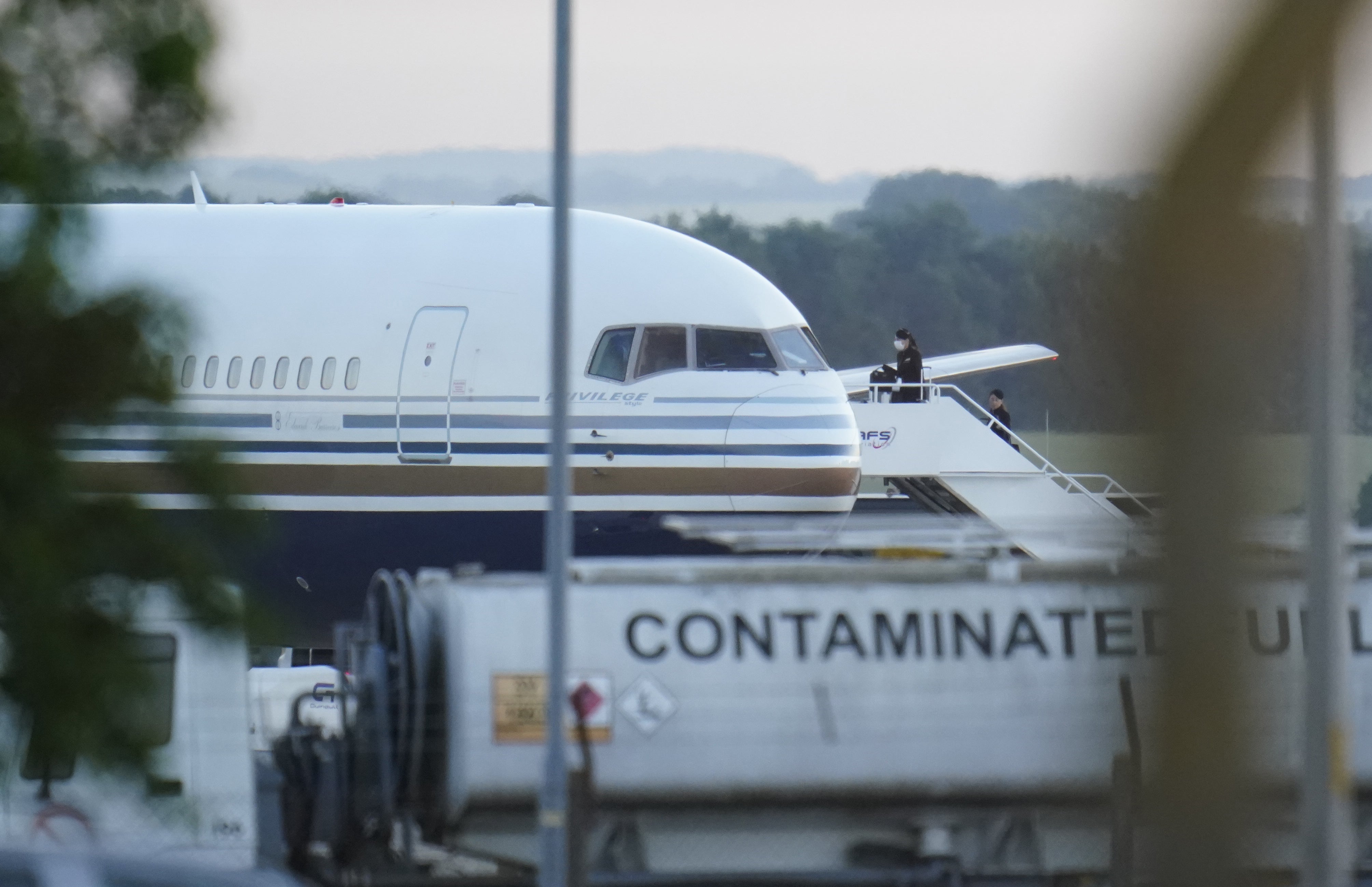More than two-thirds of Channel migrants ‘could have asylum claims granted’, report claims
The government refuses to consider asylum claims from people who have travelled through safe countries like France
Your support helps us to tell the story
From reproductive rights to climate change to Big Tech, The Independent is on the ground when the story is developing. Whether it's investigating the financials of Elon Musk's pro-Trump PAC or producing our latest documentary, 'The A Word', which shines a light on the American women fighting for reproductive rights, we know how important it is to parse out the facts from the messaging.
At such a critical moment in US history, we need reporters on the ground. Your donation allows us to keep sending journalists to speak to both sides of the story.
The Independent is trusted by Americans across the entire political spectrum. And unlike many other quality news outlets, we choose not to lock Americans out of our reporting and analysis with paywalls. We believe quality journalism should be available to everyone, paid for by those who can afford it.
Your support makes all the difference.An estimated 70 per cent of small boat migrants would have their asylum claims recognised if the government did not refuse to consider them, research contested by the Home Office has claimed.
Ministers have characterised people crossing the English Channel irregularly as “illegal migrants” and the comparatively tiny numbers coming on resettlement programmes as “genuine asylum seekers”.
But official figures show that 94 per cent of small boat arrivals have applied for asylum since 2018, with the top nationalities including Afghans, Iraqis, Syrians and Iranians.
Decisions have only been made for 16 per cent of asylum applications by people who have crossed the English Channel, while over 35,000 cases remain open amid record backlogs.
Only 8 per cent of decided claims by small boat migrants were refused, while half were granted and the Home Office said 43 per cent were “not considered … because the applicant was present or had a connection to a safe third country where they could reasonably have been expected to claim asylum before reaching the UK”.
The government has changed the law to allow itself to declare asylum claims “inadmissible” if people have travelled through France or other European nations to reach the UK.
It is attempting to send people in that category to Rwanda after losing an EU transfer deal in Brexit and failing to strike bilateral agreements with other nations.
A report by the Institute for Public Policy Research (IPPR) said attempts to shift responsibility for asylum applications to other countries was slowing down the system and dramatically increasing government spending on hotels and other accommodation.
“On the assumption that the success rate of each nationality group of small boat arrivals is in line with that nationality’s overall success rate, we estimate that around 70 per cent of people arriving in small boats since 2018 would have successful asylum claims if they were substantively considered,” the report added.
“A primary reason for these methods of arrival is that safe and legal alternatives are not available … they must be physically present in the country in order to lodge a claim.”

The Home Office contested the IPPR’s findings, saying that the “way the report’s conclusion has been reached is not correct” because each asylum application is considered on a case-by-case basis, and grant rates cannot be predicted by nationality.
The report was published on Wednesday, as new prime minister Rishi Sunak settled into office after vowing to “make the Rwanda policy work” and stop irregular Channel crossings.
During his first leadership campaign, he hit out at “boat after boat full of illegal migrants coming from safe European countries” but claimed he would welcome “genuine asylum seekers”.
The report said that existing official routes have mainly targeted individual countries, such as Ukraine, Afghanistan and Syria and the “vast majority of asylum seekers” cannot access them.
It concluded that the three main drivers of small boat crossings were the lack of safe and legal alternatives, the securitisation of lorries and ferry ports, and the success of dinghies causing a “snowball” effect as smugglers “professionalised” the method.
Marley Morris, associate director of the IPPR, said: “More people apply for asylum in France than the UK, but those crossing the Channel are likely to have specific reasons – for instance, they may have family or community ties in the UK.
“The government’s approach to the rise in small boats arriving in the UK has so far rested on deterrence tactics. But these tactics have failed. In order to address the rise in Channel crossings, we need an approach grounded in the evidence.”
The IPPR called for the government to consider alternative approaches, including the creation of new safe and legal asylum routes and better cooperation with France and the EU.

Tim Naor Hilton, the chief executive of Refugee Action, called for ministers to “pull their heads out of the sand” and accept that asylum seekers will continue attempting to travel to the UK.
“People cross the Channel in small boats simply because they have no other way to travel to the UK to claim asylum,” he added.
“The government’s cruel anti-refugee laws mean those that make it are punished with cripplingly long wait times, reduced protection or threatened with deportation to Rwanda.”
Mark Davies, head of campaigns at the Refugee Council, said government policies had so far “done absolutely nothing to deter desperate people jumping on boats because they do nothing to address the reasons people come”.
“It is imperative the government establishes safe routes to stop these perilous journeys happening to start with,” he added.
Four legal challenges relating to the agreement are ongoing, and no further flights have been scheduled since a failed attempt in April that saw asylum seekers self-harm and threaten suicide.
Clare Moseley, the founder of charity Care4Calais, said the IPPR report confirmed that “the majority of people crossing in small boats are genuine asylum seekers and it’s the UK government’s approach that needs fixing”.
She added: “If we were to provide safe passage, in a similar way to what we have for Ukrainians, we could screen for genuine asylum claims, we would know who was arriving and we would end small boat crossings, put the people smugglers out of business and save lives.”




Join our commenting forum
Join thought-provoking conversations, follow other Independent readers and see their replies
Comments